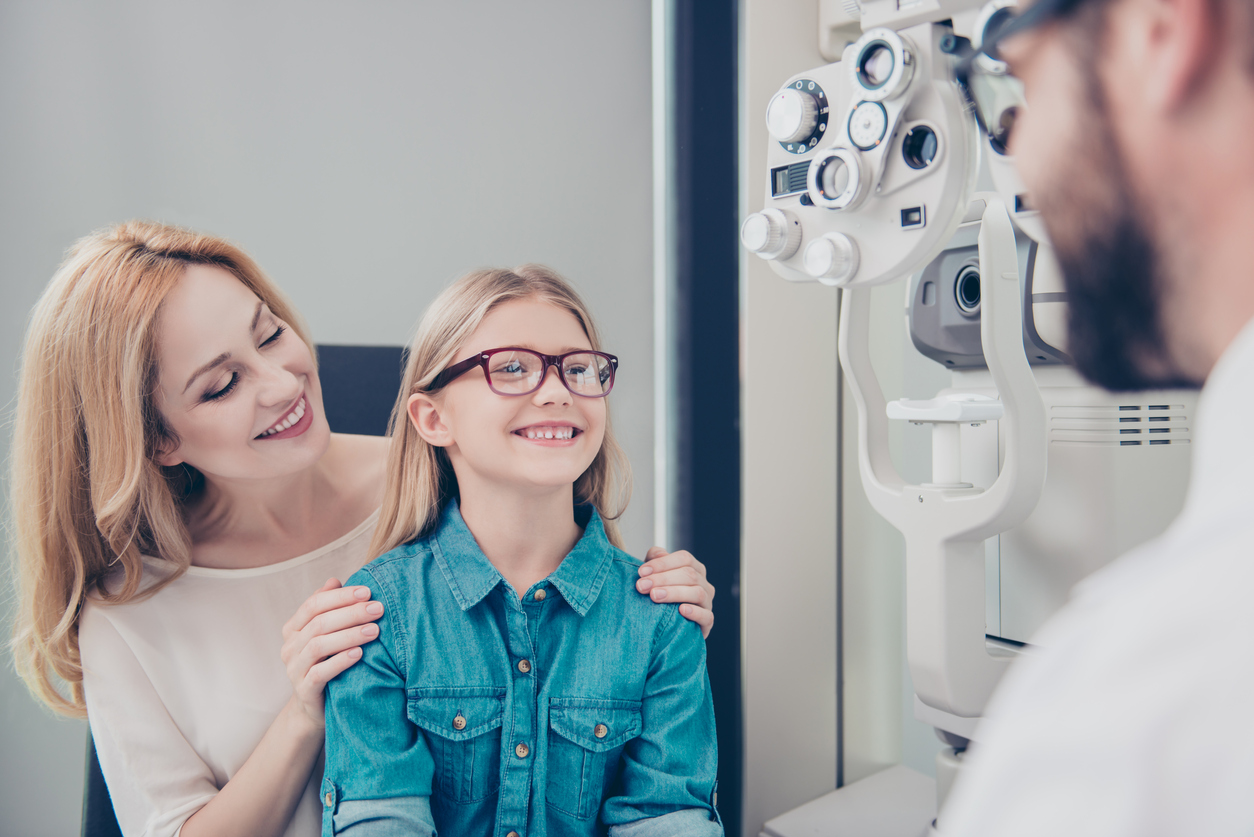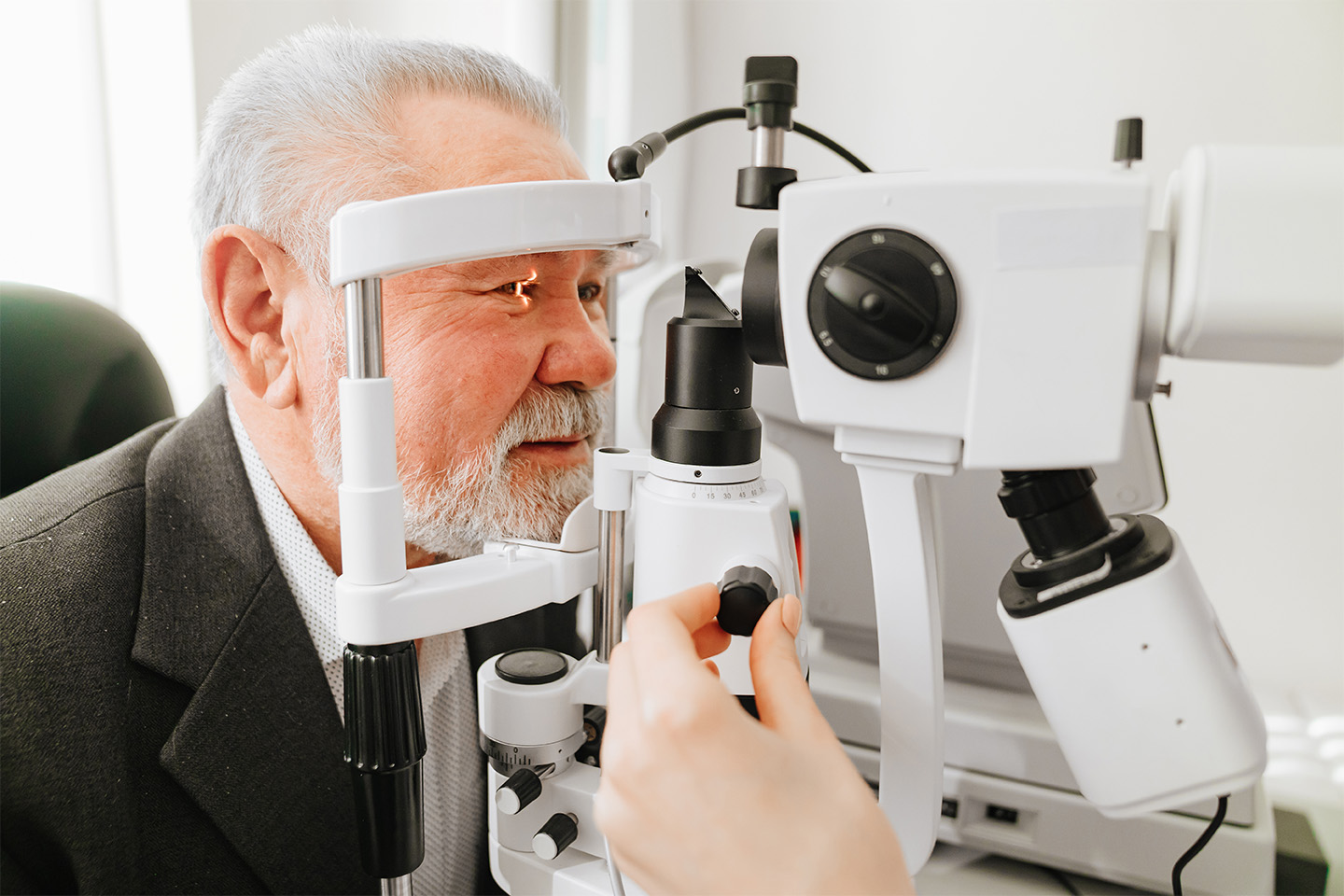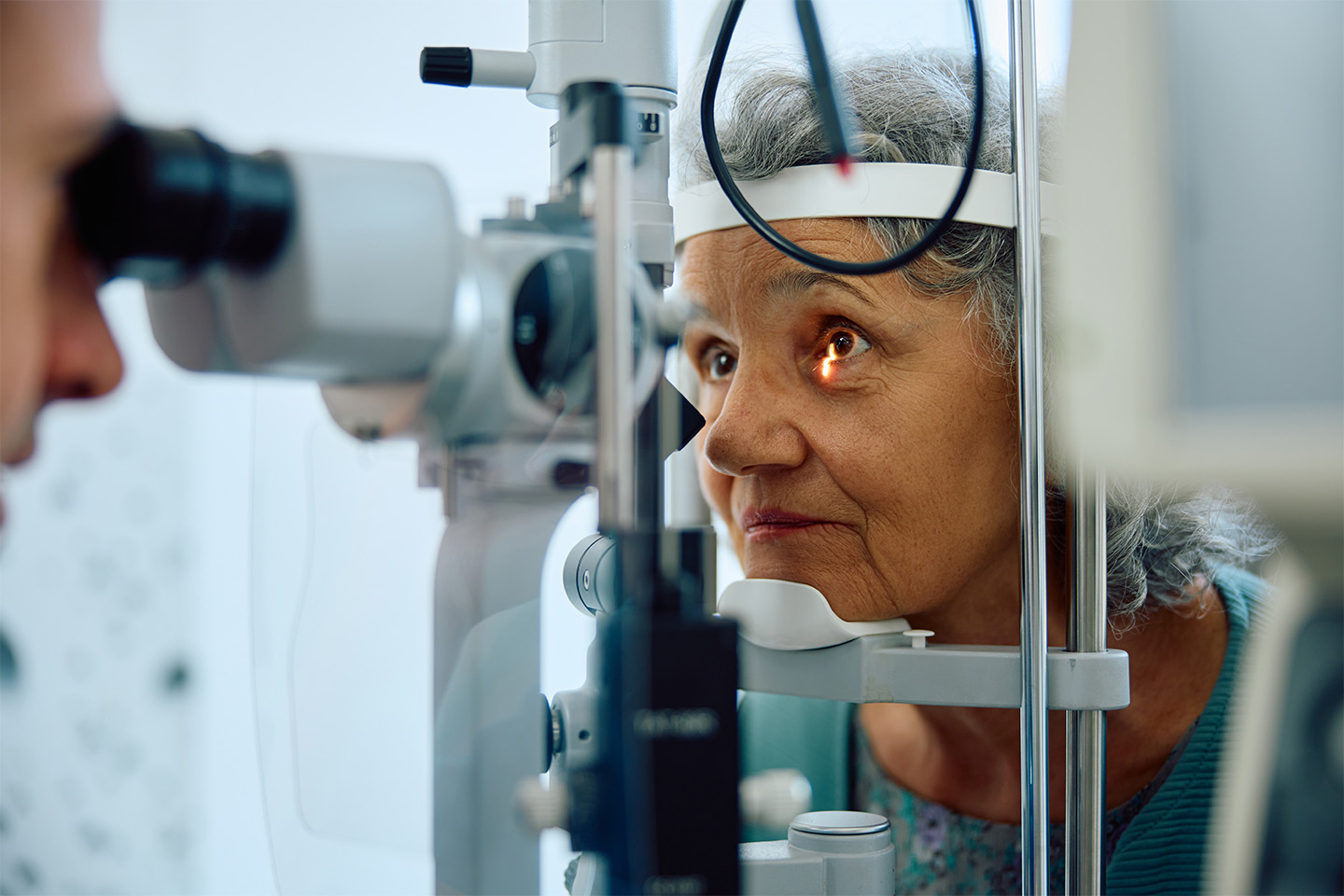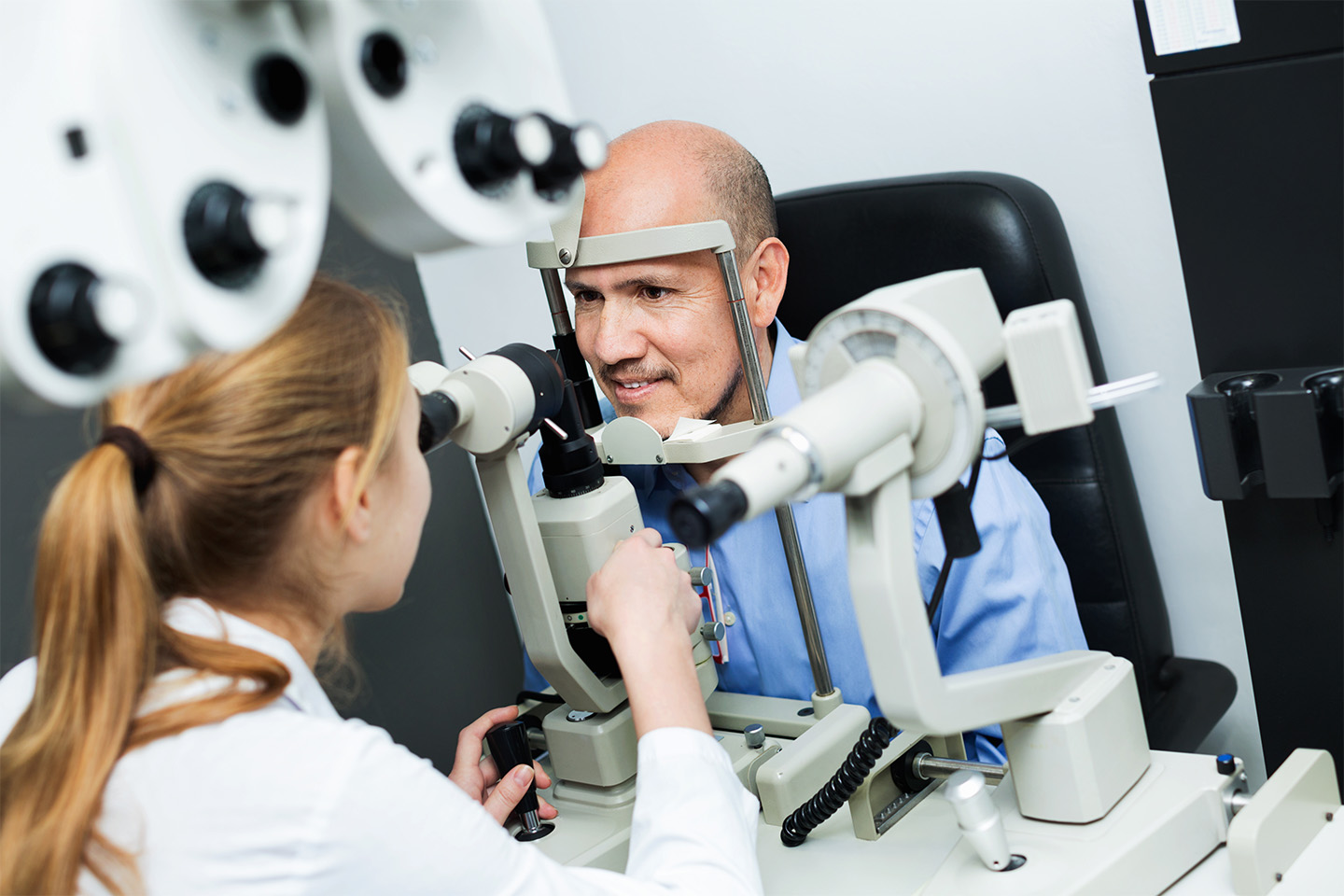6 Tips to Protect Your Eyesight

March is Save Your Vision Month. To celebrate, check out these six tips for reducing your risk of eye disease and keeping your vision sharp for years to come.
Over 20 million Americans suffer from functional vision problems or eye conditions such as macular degeneration, cataracts, diabetic retinopathy, and glaucoma. Not all of these issues can be prevented, but there are important steps one can take to protect one’s eyes and preserve one’s vision.
In honor of March being Save Your Vision Month, here are six simple guidelines one can follow to stay healthy now and prevent vision loss down the road:
1. Eat Lots of Fish, Fruit, and Vegetables
Diet can have a major impact on one’s health — including one’s eye health. For instance, omega-3 fatty acids have been shown to lower the risk of eye disease and macular degeneration. In fact, a study published in the Archives of Ophthalmology revealed that women who ate canned tuna and dark-fish meat once a week reduced their risk of developing age-related macular degeneration (AMD) by 42%.
Like the omega-3 fatty acids in fish, nutrients found in naturally colorful foods are also linked to eye health. The antioxidants in red foods like strawberries, cherries, red peppers, and raspberries can reduce the risk of cataracts, while lutein and zeaxanthin in leafy green vegetables can help prevent macular degeneration. A diet rich in zinc and vitamins C and E is beneficial as well, and can be achieved by eating lots of fruits and vegetables or taking nutritional supplements.
2. Reduce Screen Time
The brightness and glare from computer and phone screens can lead to eye strain and blurry vision. The UV rays from these devices may also damage one’s eyes, causing headaches, dryness, and difficulty focusing. To reduce the impact of screen glare, be sure to keep devices at least 16 inches away from the eyes. It’s also advisable to adhere to the 20-20-20 rule, which entails looking away from one’s screen every 20 minutes at an object 20 feet away for 20 seconds.
3. Get a Yearly Eye Exam
It’s important to have one’s eyes checked by a professional at least once a year to monitor one’s overall eye health and make sure one’s prescription is up-to-date. Patients who have a family history of conditions like glaucoma or AMD may need to visit the eye doctor more frequently, and all patients should seek out a specialist immediately if they experience symptoms like pain behind the eyes or vision loss.
4. Take Proper Care of Glasses and Contacts
Many people experience eye strain and blurry vision simply because their glasses or contacts are out-of-date. This can be rectified by a trip to the eye doctor, who will be able to verify the accuracy of a prescription. Contact lens wearers should also remember to maintain proper hygiene when handling lenses. Avoid sleeping in contacts that are not intended for overnight wear, and be sure to use contact solution to lubricate lenses instead of water or saliva. These simple measures can go a long way toward preventing eye pain, corneal ulcers, and vision loss.
5. Wear Sunglasses
Prolonged exposure to UV rays can damage one’s eyes, leading to conditions like cataracts and AMD. That’s why it’s essential to wear protective sunglasses that can reduce the risk of eye disease and vision loss. The American Optometric Association recommends investing in sunglasses that block at least 99% of UVA and UVB radiation and screen out 75-90% of visible light. Hats and glasses can also protect the skin on the eyelids and around the eyes, preventing both wrinkles and skin cancer.
6. If Necessary, Invest in LASIK Surgery
Laser eye surgery can help one see clearly without the burden of glasses or contacts. It’s an effective option for treating nearsightedness, farsightedness, and astigmatism. The procedure is performed by an ophthalmologist or ophthalmologic surgeon, who uses precise lasers to reshape the cornea and improve the patient’s vision. The recovery time is minimal, and the results generally last a lifetime.
If you’re interested in learning more about improving your vision with LASIK, or want to find out if the procedure is right for you, set up a free consultation with ICON Eyecare today.
Request An Appointment.
Give us a phone call at (970) 256-0400 Monday – Friday, 8am-5pm to schedule a consultation.










 (970) 256-0400
(970) 256-0400